Solana API: Speed, low fees, and rising adoption have made Solana a magnet for developers, especially in the realms of NFTs, DeFi, and real-time trading. But tapping into this fast-growing network requires the right tools—specifically, Solana API providers that streamline integration and data access.
In this guide, we’ll explore 10 of the most impactful Solana APIs for building dApps, trading bots, NFT platforms, and more. Each API serves a distinct role depending on whether you’re building infrastructure, analytics layers, or interactive front ends.
1. Bitquery: Solana API – Deep Blockchain Data via GraphQL
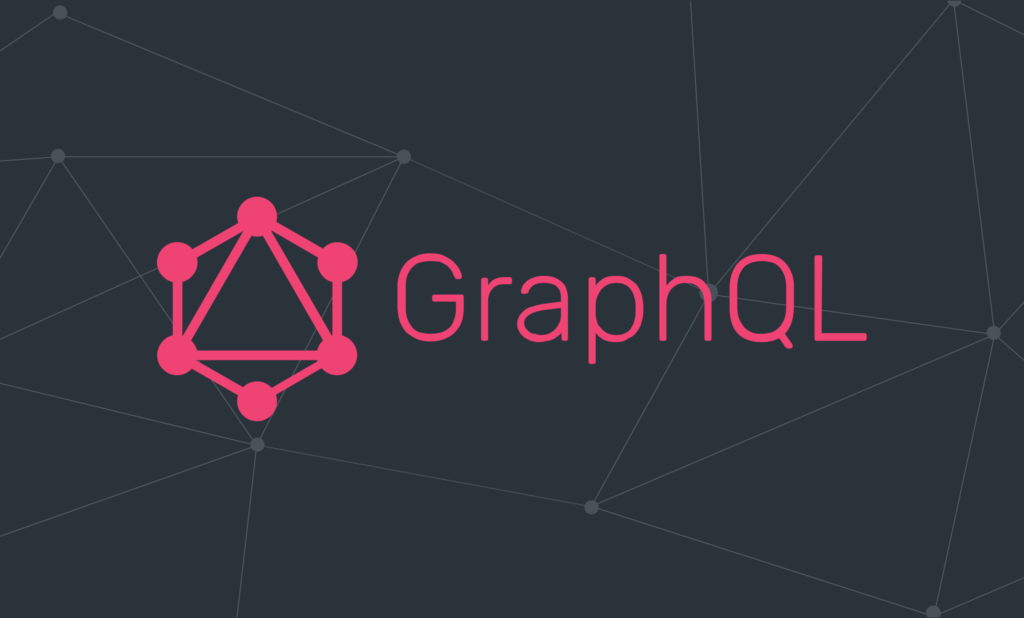
Source: Coder Society
Bitquery offers a structured way to access Solana data using GraphQL. With strong support for historical token transfers, NFT transactions, and DEX activities, it’s ideal for developers building analytical tools or explorers.
The platform is well-suited for projects focused on insights and reporting, rather than real-time app execution.
2. QuickNode : Solana API- High-Speed RPC Access and Add-Ons
QuickNode delivers scalable RPC and WebSocket endpoints for Solana, enhanced with dedicated APIs for NFTs, token balances, and transaction metadata.
It’s especially powerful for production-ready dApps needing speed and modular components, including access to DeFi plug-ins and real-time NFT feeds.
3. Jupiter Aggregator API : Solana API- Swap Routing at Its Best

Source: BITFINEX
Focused on token swaps and trading routes, the Jupiter Aggregator API offers developers a seamless way to access price quotes across multiple Solana DEXs.
Perfect for trading apps, arbitrage bots, and DeFi wallets, it helps developers route trades intelligently and reduce slippage.
4. Helius – Solana-Centric APIs with Event Hooks
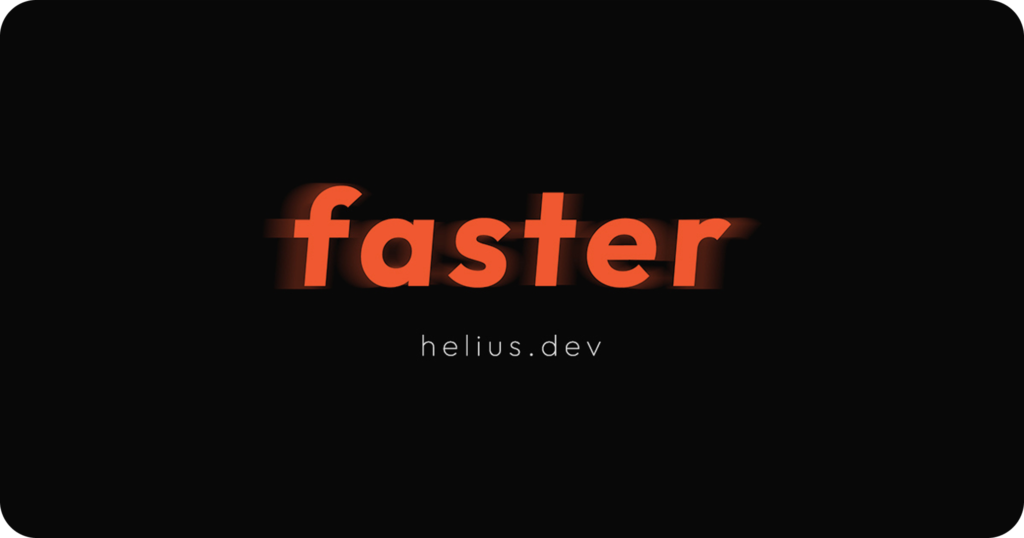
Source: HELIUS
Helius brings a full suite of Solana-native tools, including real-time webhooks, enriched transaction decoding, and wallet event indexing.
Its developer-centric approach and Solana-specific optimization make it a standout choice for apps that rely heavily on account activity and NFT metadata.
5. SolanaFM – Visual Data Explorer with API Access
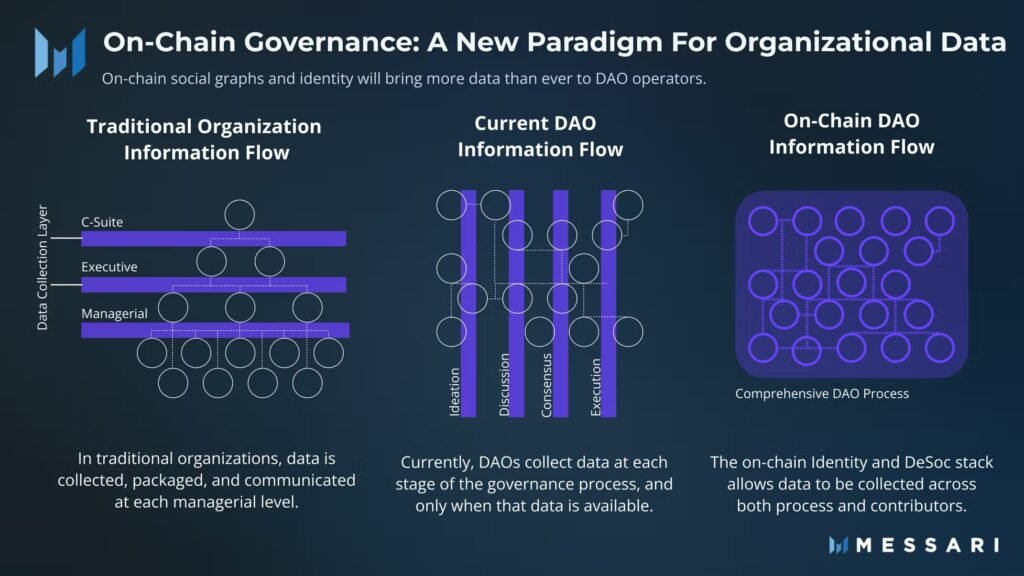
Source: Messari
SolanaFM goes beyond block explorers with APIs that deliver DAO governance data, DeFi metrics, and NFT ownership stats.
Its user-friendly interface and structured data access help developers quickly retrieve and display Solana activity, especially for data-heavy dashboards.
6. Shyft – Identity and Compliance API for Solana

Source: SHYFT
For teams navigating regulatory concerns, Shyft provides a compliance-focused Solana API solution. It offers KYC/KYB verification endpoints and supports applications that need to operate under formal frameworks.
It’s an essential API layer for fintechs and regionally regulated projects.
7. Triton One – Stable RPC for Real-Time Applications
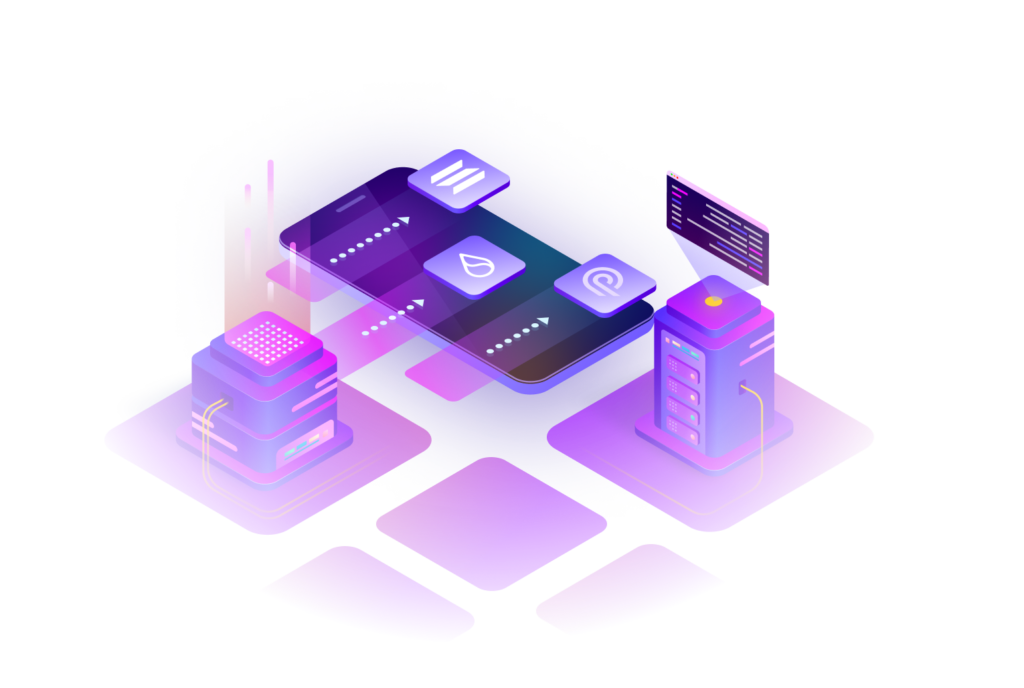
Source: TRITON
Triton One (formerly Solana Beach) offers enterprise-grade RPC access with a strong emphasis on uptime, load balancing, and multi-region deployment.
This is a performance-first option designed for latency-sensitive apps such as trading platforms and financial analytics dashboards.
8. Ankr – Distributed Solana RPC Infrastructure
Ankr delivers decentralized RPC endpoints across global nodes, making it suitable for developers building cross-chain apps or those requiring geo-optimized fallback options.
Its developer portal also includes NFT-focused tools and is easy to integrate into multi-chain deployments.
9. AllThatNode – Full-Stack Node-as-a-Service

Source: core
AllThatNode provides a reliable backend-as-a-service for Solana RPC and WebSocket needs. With developer dashboards and real-time usage tracking, it’s designed to serve large-scale apps and startups alike.
A great option for teams that want easy scalability and performance metrics.
10. Syndica – Monitoring-Driven Infrastructure
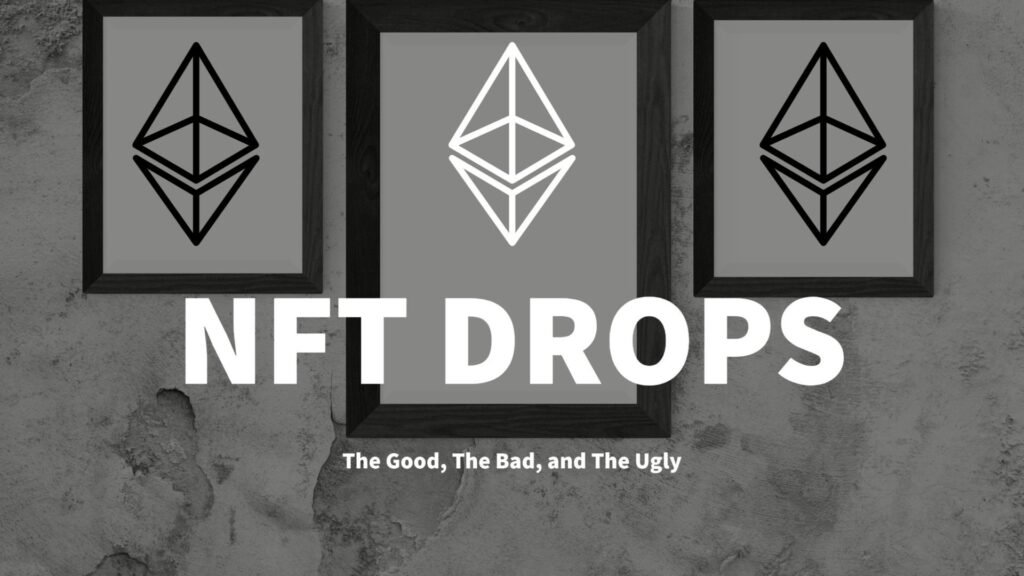
Source: NFT CULTURE
Syndica offers a modern Solana API stack with tools for monitoring, autoscaling, and real-time alerting. Its focus is on infrastructure resilience and visibility for developers operating at scale.
Great for managing load spikes and ensuring application uptime, especially during NFT drops or high-volume DeFi events.
Solana API Comparison Snapshot
| API Name | Main Use Case | Unique Strength | Free Tier |
|---|---|---|---|
| Bitquery | Analytics & research | Deep GraphQL query | YES |
| QuickNode | Scalable dApps | Modular tools & RPC | YES |
| Jupiter | DeFi & swaps | Real-time routing | YES |
| Helius | NFT & wallet events | Webhooks, enriched data | YES |
| SolanaFM | Visual analytics | DAO + DeFi indexing | YES |
| Shyft | Regulated apps | KYC/KYB identity layer | YES |
| Triton One | Trading bots | Low-latency RPC infra | YES |
| Ankr | Multi-chain support | Geo-RPC + fallback nodes | YES |
| AllThatNode | Enterprise dApps | Developer dashboard | YES |
| Syndica | Real-time apps | Monitoring + scaling | YES |
Choosing the Right API Based on Your Project
- For NFT Marketplaces: Helius + SolanaFM
- For Arbitrage Trading: Jupiter + Triton One
- For Regulated Fintech Apps: Shyft
- For Large dApps or SaaS Platforms: QuickNode + Syndica
- For Analytics Tools or Blockchain Reports: Bitquery + SolanaFM
Every API offers distinct advantages, and many projects combine two or more based on performance needs, developer experience, and budget.
Conclusion: Why Solana API Tools Matter More Than Ever
As the ecosystem evolves, the diversity of Solana API options gives developers unprecedented flexibility. Whether you’re launching a wallet, building DeFi infrastructure, or creating tools for NFT creators, choosing the right API stack is a key part of your success.
With these top 10 Solana APIs, developers can innovate faster and respond more effectively to the demands of a real-time, on-chain world.



